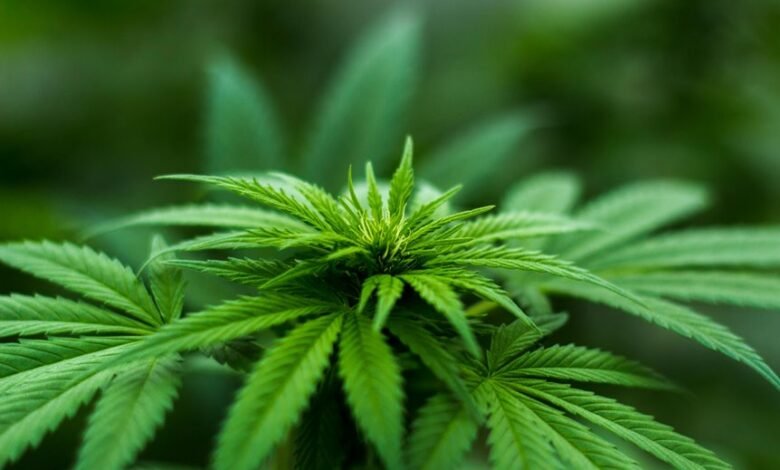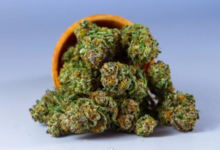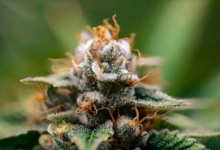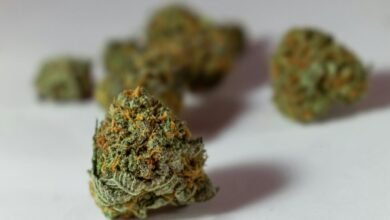Is Cbd and Weed the Same

The distinction between CBD and weed is often misunderstood. While both originate from the cannabis plant, their properties and effects differ significantly. CBD, or cannabidiol, is known for its therapeutic benefits without the psychoactive effects associated with THC, the active component in weed. This difference raises important questions about their uses, legality, and health implications. Understanding these nuances is essential for anyone considering their options in the cannabis spectrum. What other factors should be considered in this discussion?
Understanding CBD: What It Is and How It Works
Cannabidiol, commonly known as CBD, is a non-psychoactive compound derived from the Cannabis sativa plant, distinct from its more famous counterpart, tetrahydrocannabinol (THC).
CBD offers numerous potential benefits, including pain relief, anxiety reduction, and anti-inflammatory properties.
Key sources of CBD include hemp oil and extracts from various cannabis strains, allowing individuals seeking natural alternatives to explore options that align with their lifestyle choices.
Exploring Weed: The Psychoactive Component of Cannabis
What distinguishes weed from other cannabis products is its primary psychoactive component, tetrahydrocannabinol (THC).
This compound induces psychoactive effects that vary significantly across different cannabis varieties, influencing the overall experience for users.
As individuals explore these varieties, understanding THC's role becomes essential for recognizing how it contributes to both recreational enjoyment and potential therapeutic benefits within the broader context of cannabis consumption.
Legal Status: How CBD and Weed Differ Across Regions
While the legal status of cannabis products varies widely around the globe, the distinctions between CBD and weed are particularly pronounced in many regions.
Legal classifications often categorize CBD as hemp-derived and permissible, while weed, containing higher THC levels, faces stricter regulations.
These regional variations highlight the complexities of cannabis legislation, reflecting differing societal attitudes and governance concerning these substances.
Health Implications: Benefits and Risks of CBD vs. Weed
Although both CBD and weed originate from the cannabis plant, their health implications differ significantly due to their distinct chemical compositions.
CBD offers notable therapeutic effects, such as pain relief and anxiety reduction, with minimal addiction potential.
In contrast, weed may provide similar benefits but carries a higher risk of dependency and adverse psychological effects, complicating its therapeutic viability for some individuals.
Conclusion
In conclusion, while CBD and weed may spring from the same verdant cannabis plant, their divergent paths reveal a chasm of differences. CBD, the serene healer, promises tranquility without intoxication, while weed, the wild spirit, invites users into an intoxicating euphoric dance. Their legal landscapes are as varied as their effects, reflecting societal attitudes toward each. Thus, understanding these distinctions is not merely beneficial; it is imperative for anyone navigating the intricate world of cannabis consumption.






